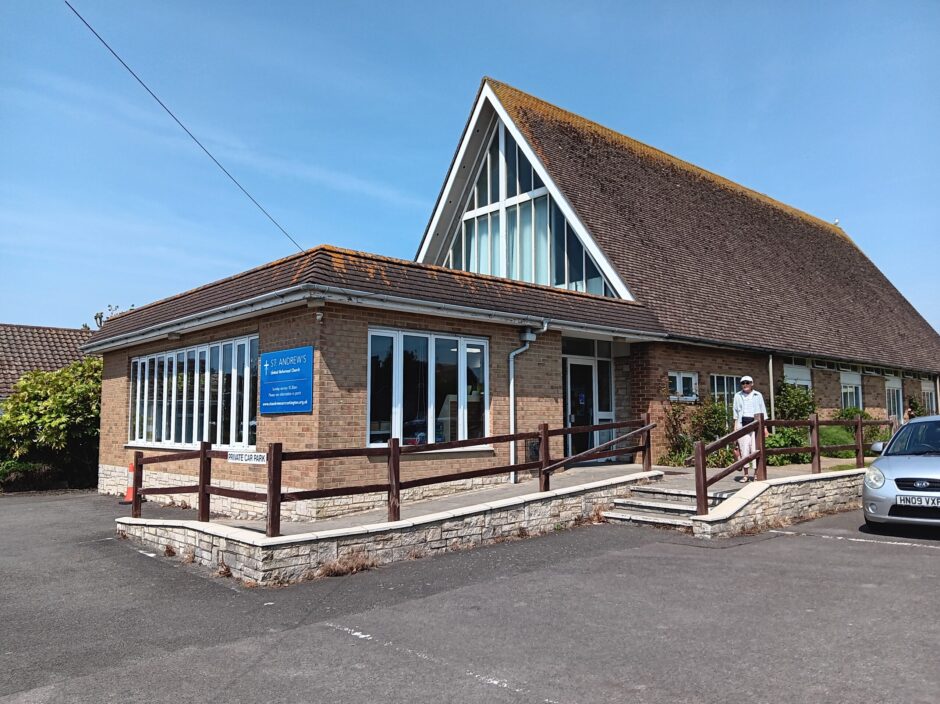COP27, the UN’s climate conference in Egypt, came to a close at the weekend. It finished with some encouragements as well as disappointments. Hannah and Steve spent 10 minutes chatting through a roundup of what happened in a new episode of our podcast – click here to listen.
Whilst COP27 might be over, we know that the work to achieve climate justice carries on in so many ways. But in the face of climate disaster and disappointing inaction from governments across the world, we might feel that we are unable to make enough change on our own. However, we can always choose to respond in hope and love, knowing that God cares about us and our world. So, here are a few suggestions of how we could respond practically to the news from COP27:
Loss and Damage
Action: Hear the stories
The main success story from COP27 was the pledge for a creation of a Loss and Damage fund to financially support lower-income nations who have been disproportionately affected by the climate crisis. This fund would be paid for by wealthier nations, who have historically been the biggest polluters. This is something JPIT and activists we work with were really hoping and praying for, so we’re delighted to see this as one of the main pledges from the summit.
However, as Christian Aid’s Joab Okanda describes in his statement, ‘the devil will be in the detail and we still need to see it filled with money’. We still need to see the fulfilment of this pledge, and the practicalities should be driven by the stories of communities most affected by the climate crisis. Why not read some of Christian Aid’s Loss and Damage stories, and pray about a specific person, community or area on your heart? Or perhaps you could download their resources and engage your wider church community with praying and campaigning for the Loss and Damage fund to become an effective reality.
Emission and reduction targets
Action: Write to your MP
Perhaps the most disappointing outcome from COP27 is the lack of clear movement on reducing the use of fossil fuels. Due to the structures and systems of the world economy, this requires a huge amount of cooperative change which seems unlikely in the world we live in. As Steve Hucklesby described in his blog last week, many nations earn large amounts of revenue from oil and gas and want to tie us to extraction of fossil fuels for many years to come. However, it still remains that ending our dependency on fossil fuels is one of the most fundamental steps towards climate justice.
According to the UN, we need to see global emissions drop by 45% in the next 8 years if we are to keep global warming to 1.5°C. The Chancellor said in his recent statement that the government is committed to the Glasgow Pact. Why not write to your MP, and call on them to ask the government to show tangible action towards this? Perhaps this could include investing in renewables and other forms of clean energy, rather than nuclear energy or fossil fuels.
A local response
Action: Partner with your council
In the face of national and international inactivity, we believe that activism has the potential to be effective on a local level. 80% of local councils have set a net zero target sooner than the national one in 2050. Local churches are uniquely placed to hold their councillors to account to their climate commitments – they are connected to their neighbourhoods, through physical buildings and outreach work. If your church isn’t already signed up to the Eco Church scheme, this is a fantastic way of making sure that your local community is responding well to the climate crisis.
We also can’t underestimate the importance of local action to achieve national goals. David Renard, leader of Swindon Council, commented that ‘Net Zero can only be achieved if councils are empowered’. Could you or your church get involved in our Net Zero in My Neighbourhood campaign? Our resources give clear methods and advice for approaching your council on issues of climate justice and how you can encourage your church to get involved. In the New Year, we’ll start running workshops where you can invite a speaker from JPIT to encourage your church to think about the ways in which you can respond to the climate crisis on a local level. Why not sign up to the mailing list to hear more about this when workshops are available? Find our mailing list here.
In the face of inactivity and frustration, it is so easy to get downhearted. But the God who made us and this extraordinary world doesn’t want to turn a blind eye to our frustrations and pain about systemic inactivity. So why not ask God today what you can do, and how you can bring others along with you?
Creator God, we thank you for your incredible creation. It is so easy to feel frustrated and disappointed by the lack of action from those in power in response to the climate crisis. We lament the loss of so many aspects of your world. God, would you help us to respond with hope and love for our neighbours whether they are near or far away. Help us to take the action we need to so that we can have a hand in building your kingdom on earth as it is in heaven. In Jesus name we pray, Amen.
<!–
–>
Source
